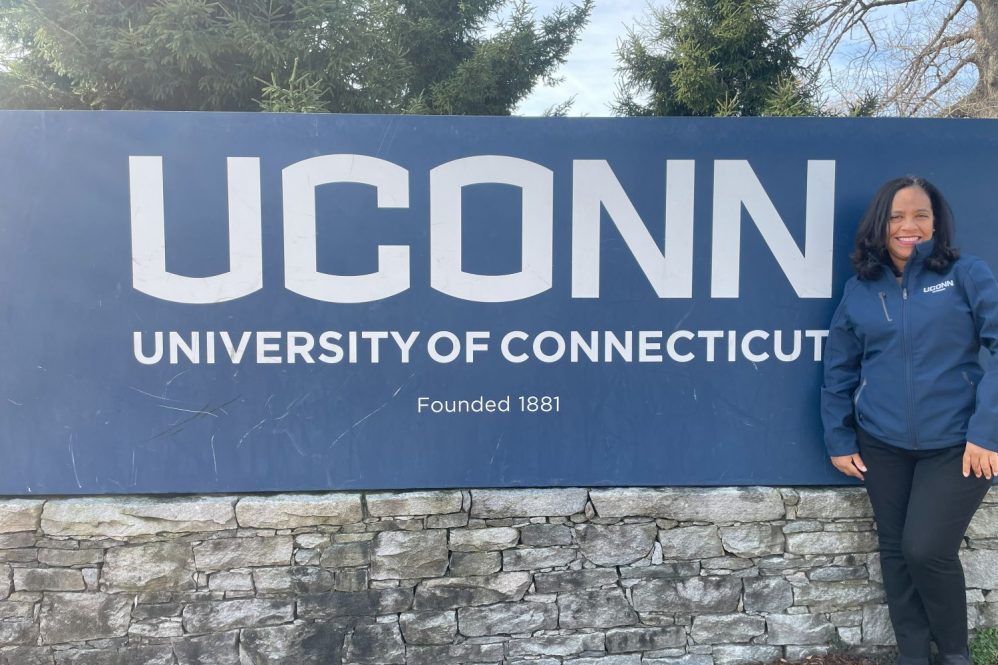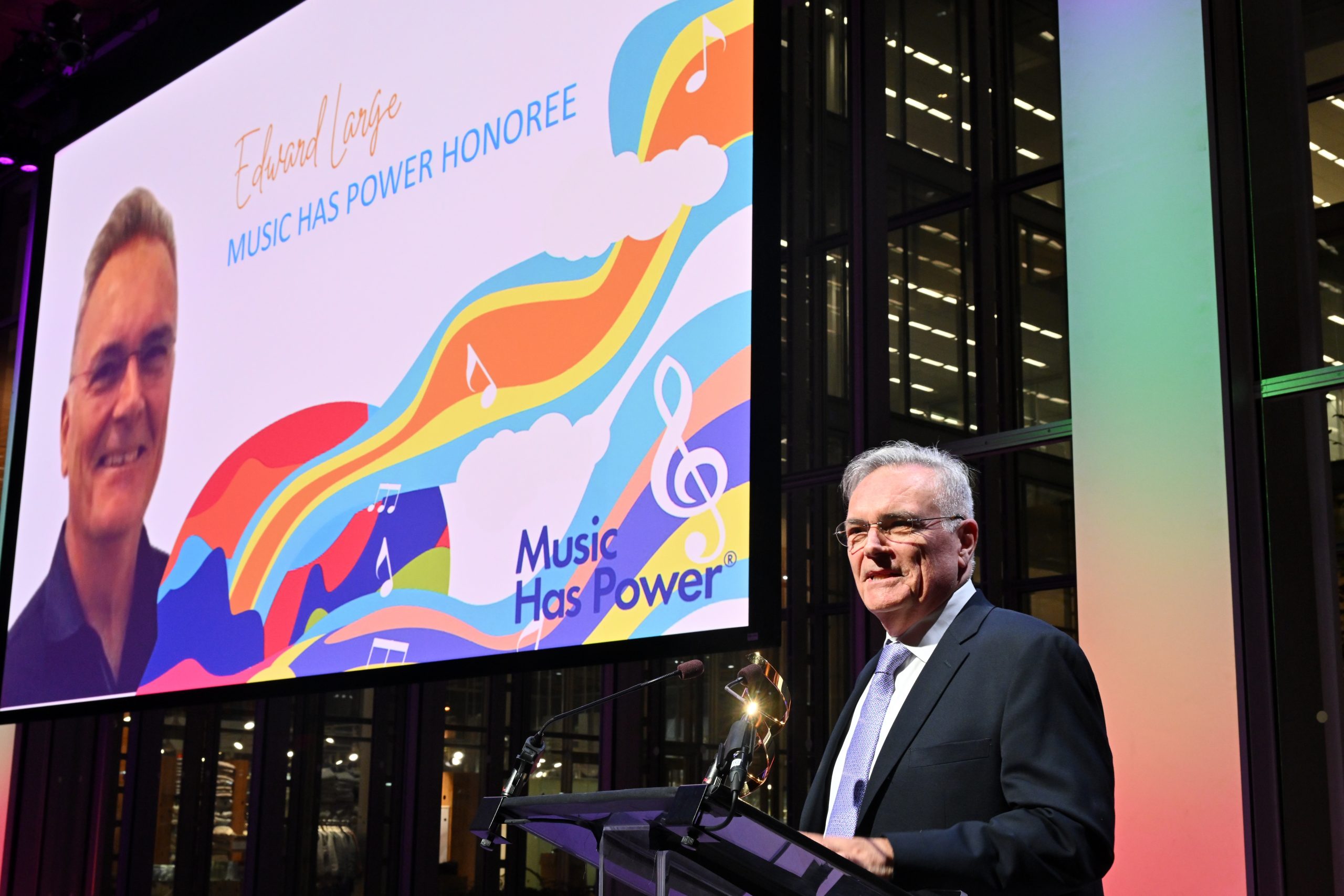UConn Extension serves Connecticut’s communities by connecting the University’s expertise in agriculture, natural resources, health and well-being, climate, and youth development with local knowledge to make the state a better place to live and work.
Although the organization is over 100 years old, UConn Extension is continuously adapting to the changing circumstances and needs of its audiences.
To that end, Extension evaluates its programs, looking for ways to improve and better serve Connecticut’s residents and communities.
Fanny Hernandez, PhD joined UConn Extension in April 2024 as the system’s evaluation specialist. She had three goals: provide coaching and technical assistance, build the evaluation resources to support Extension professionals, and collect data.
Hernandez has years of evaluation experience in Michigan and the Dominican Republic, including with educational institutions and non-government organizations (NGOs).
“One philosophy I believe and take as professional practice is that its always possible to improve what we do. We need to create an evaluative culture in our organization to achieve better results and make informed decisions based on evidence,” she says.
Evaluation is the process of collecting evidence to help determine if the intended outcomes were achieved. Evaluation requires a person to collect and analyze data and use it to judge the merits and worth of the work and evaluate if it’s achieving the intended outcomes. Understanding the findings helps Extension professionals make better programmatic decisions and supports responsible stewardship of public funding.
“The potential of evaluation is to generate evidence that helps us make informed decisions, learn from it, and guide how to improve the outcomes of what we do. This is why we need to pursue efforts to embed an evaluation culture in the organization on a daily basis with clarity on the short, intermediate, and long-term outcomes,” she says.
Hernandez’s work with the Dominican Republic Ministry of Education is one example of how evaluation can improve an organization and have long-term benefits for its audiences. Hernandez conducted evaluations, designed evaluation procedural manuals, and instructional videos to standardize the evaluation efforts.
After completing her doctoral studies in Evaluation, Measurement, and Research at Western Michigan University, she returned to the Ministry to support the national teaching assessments and found the Ministry was still using the evaluations and quality assurance tools she designed. The organization also has long-term impact data because of it.
Next, Hernandez worked for United Way in Michigan, and her evaluation efforts have impacted better decision-making in the non-profit sector.
At UConn, Hernandez is working with colleagues to determine if a program should be replicated or improved, and how to share the results with the audiences we serve. For example, she is working with the UConn 4-H team to create improved strategies for assessing the program’s outcomes on life skill development in youth.
Hernandez’s evaluation resources and coaching are benefitting all UConn Extension programs. Teams learn and can make better decisions using evaluation findings.
According to Amy Harder, PhD, associate dean of Extension, “UConn Extension’s renewed focus on evaluation is part of its unwavering commitment to provide exceptional educational programs and outreach to Connecticut residents, businesses, and municipalities.”
UConn Extension, located within UConn’s College of Agriculture, Health and Natural Resources (CAHNR) serves all 169 municipalities in Connecticut, and has eight statewide locations, in addition to the UConn Avery Point and Storrs campuses. Over 5,500 volunteers support the various Extension programs annually, contributing more than $5.4 million to their communities. Extension professionals provide online courses and certificates to non-traditional learners and services to state and federal agencies and institutions.



